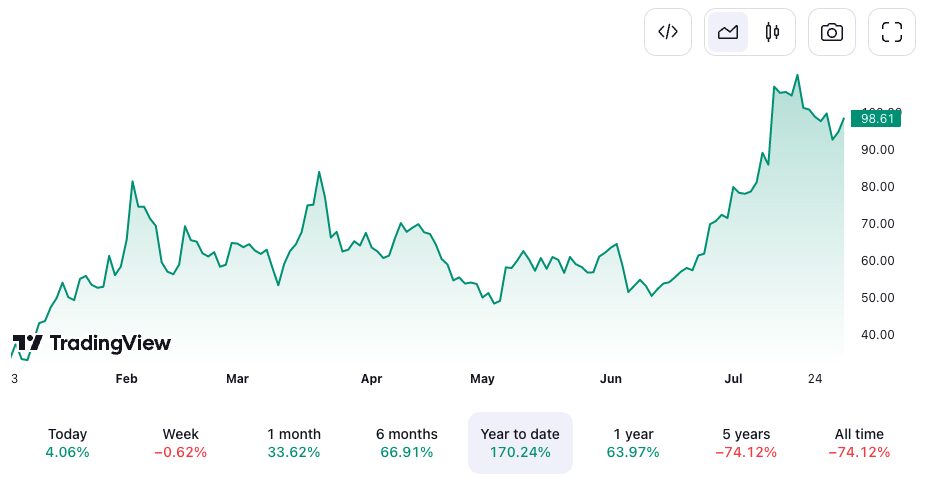Circle’s USD Coin (USDC) and other stablecoins could potentially face a compliance nightmare if a new national defense bill that passed in the United States Senate makes it all the way.
In a July 31 investment note seen by Cointelegraph, Berenberg analyst Mark Palmer explained that a recent amendment to the 2024 National Defense Authorization Act (NDAA), could potentially introduce new KYC and anti-money laundering measures that stablecoin issuers will be unable to comply with.
“The amendment would require the U.S. Treasury Secretary to ‘establish examination standards for crypto assets’ that would help regulators to ensure compliance with money laundering and sanctions laws,” wrote Palmer, adding:
“We believe this amendment, if it remains in the final version of the NDAA, could be problematic.”
Palmer explained that the identities of stablecoin holders can only be determined when the asset is issued and redeemed. “Such an outcome would likely cause further deterioration in USDC’s market cap,” he warned.
In recent months, USDC’s market cap has been on the decline, falling $17.5 billion — roughly 39% — since March 5.
Knock on effects for Coinbase
While this could be a significant setback for Circle, it could also prove problematic for Coinbase, said Palmer, noting the exchange “derived 27% of its net revenue from interest income on USDC” in the first quarter of this year.
Since the beginning of the year, Coinbase shares have drastically outperformed the traditional equities market, surging 170% from a price of $33 on Jan.1 to $98.61 at the time of publication.
According to Berenberg, there were two main reasons for this outperformance. The first was the favorable ruling handed down to Ripple Labs and the second was the flurry of filings for spot Bitcoin ETFs from major institutions such as BlackRock and Fidelity.
Related: Coinbase denies SEC told it to delist everything but Bitcoin
The analysts noted that these two drivers of bullish activity for Coinbase stand on shaky ground, as recent comments from SEC Chair Gary Gensler have “poured cold water on the primary sources of the rally.”
In a July 28 interview with Bloomberg, Gensler said crypto investors shouldn’t assume that cryptocurrencies do not fall under the purview of the SEC. Additionally the analysts believe that Gensler’s tepid response to a question concerning Bitcoin ETF applications implied that he may…
Click Here to Read the Full Original Article at Cointelegraph.com News…
